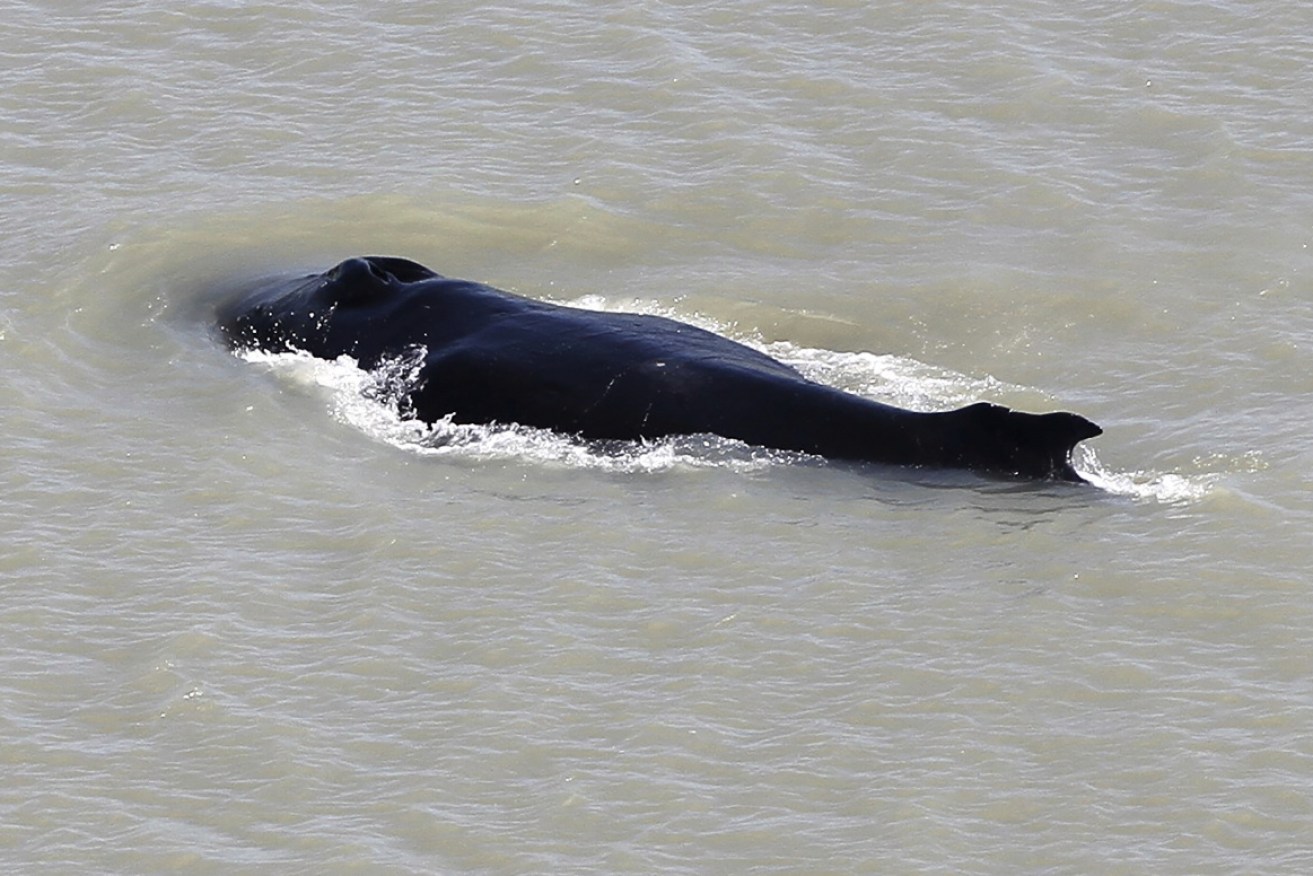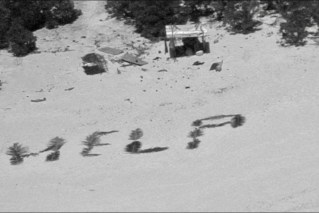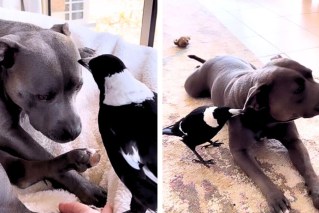Whale swims free from croc-infested Kakadu river

The whale was snapped in the river early in September. Photo: AAP
A humpback whale that took a wrong turn into a crocodile-infested Northern Territory river has swum free after more than two weeks in the murky waterway.
It’s the first time a humpback has been spotted in Kakadu National Park’s remote East Alligator River, with reports placing it 30 kilometres inland.
Kakadu National Park manager and zoologist Feach Moyle said the whale managed to navigate its way out of the maze of shallow channels back into Van Diemen Gulf over the weekend.
“It made its way out on the high tides and we’re pleased it appeared to be in good condition and not suffering any ill effects,” he said on Monday.
Experts weren’t sure why the humpback swam up the muddy tidal river and didn’t migrate south to Antarctica for its annual feed.
“It could have been chased up by some big sharks or maybe it was just a wrong turn,” NT government scientist Carol Palmer said.
Despite hundreds of saltwater crocodiles calling the river home, the whale remained relatively safe in the waterway.
However, park staff did meet experts to explore intervention options, such as herding the humpback back to the ocean.
They also mapped sandbars and channels in preparation for the potential shepherding operation.
Northern Territory Government scientist Dr Carol Palmer said a team of experts was also looking into using whale calls and underwater noise pollution to encourage the whales back out to sea.
“We are also looking at loud sounds to discourage the whale from heading further [upriver],” she said.
The concern was the giant animal risked getting sick once the Top End’s wet season rains started dumping fresh water into the waterway.
If it did become unwell, it could have become an easy meal for a crocodile.
Marine biologist Jason Fowler initially spotted three whales in the Arnhem Land river while out fishing with friends on September 2.
He and his friends – also biologists – spent hours debating if they were actually seeing humpbacks.
It’s not clear if the other two left to head south for the summer or were staying under the water when wildlife officers visited the area to monitor them.
-AAP








